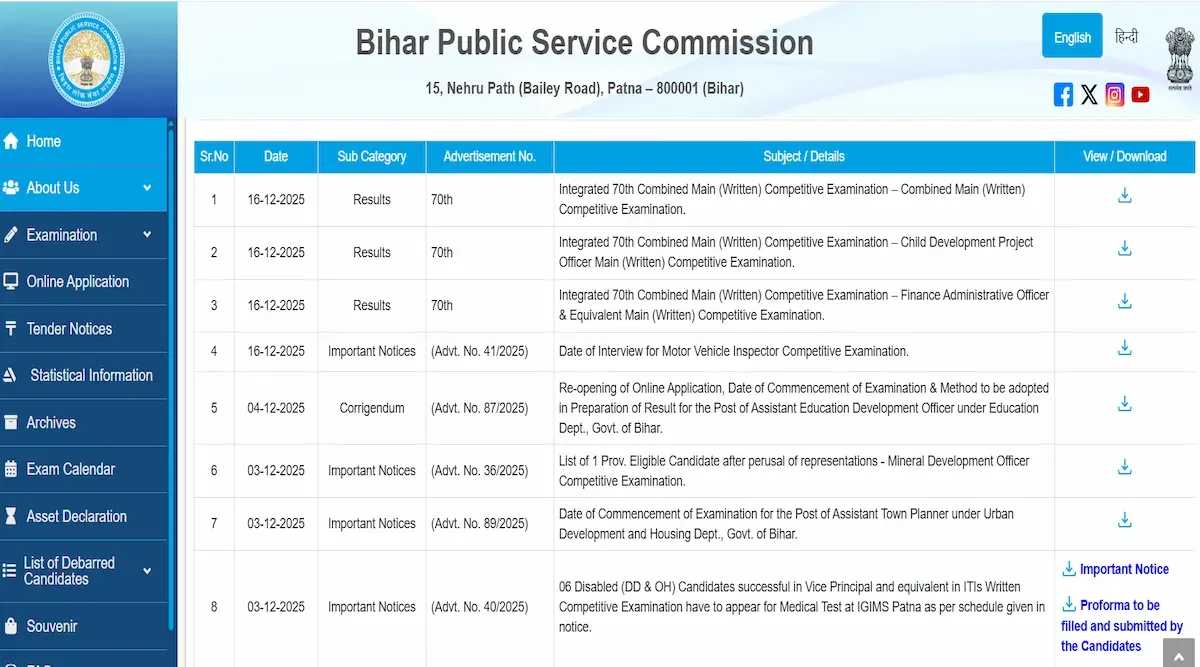The UK is a top educational destination for students from all around the world. However, the cost of living in the UK is not cheap and students need to plan their living expenses apart from meeting the cost of tuition.
The United Kingdom has long been heralded as one of the oldest and most premier educational destinations globally, housing some of the world’s oldest institutions such as the University of Oxford and the University of Cambridge. Therefore, when talking about the living expenses in the UK for international students, it becomes imperative to understand that the UK is an expensive educational destination compared to a place like Germany.
| Particulars | Approximate Costs (in GBP) |
| House rent | 550 |
| Food expenses | 200 |
| Transportation costs | 90 |
| Clothing expenses | 75 |
| Mobile phone charges | 30 |
| Gas, electricity, and utilities | 60 |
| Miscellaneous expenses | 25 |
For this reason, students seeking to pursue higher education in the UK must do their due diligence and account for all the expenses involved with studying in the UK, apart from the tuition fees. This article will attempt to shed light on the living expenses in UK for international students, the recommended budget, the various living expenses like housing, food, transport, mobile phone charges, and miscellaneous expenditure. Read on to know more about the living expenses in UK for international students.
The first thing that students need to account for while estimating the cost of studying in the UK is tuition fees. On average, for international students, the tuition fees will range between GBP 10,000 and GBP 30,000, depending on the course and university chosen. Medical degrees in the UK usually fall in the higher range when talking about tuition costs in the UK. The cost of tuition for the various programs in the UK are as follows:
| Type of Program | Average Cost of Tuition (in GBP) |
| Undergraduate programs | 12,000 |
| Postgraduate programs | 10,000 - 14,000 |
| Laboratory and Research-based programs | 14,000 |
| Medical degrees | 22,200 - 58,000 |
Table of Contents
Recommended Budget
For a UK student visa, the immigration office requires students to have a minimum budget of GBP 1,265 if they live in London and GBP 1,015 for other places in the UK. The average cost of accommodation per month is around GBP 550, while living expenses may be between GBP 440 and GBP 520. The cost of living will vary depending on the type of lifestyle a student chooses to live while studying in the UK.
Housing Charges in the UK
For international students, there are many options when it comes to accommodation in the UK. Students can opt for student halls of residence, self-catered halls, or private residences. On average, the average weekly cost of accommodation in the UK for student residences is GBP 147, and for private accommodation, it is approximately around GBP 193 (for a studio). In a city like London, the student residences will amount to around GBP 178, and for private residences, it will amount to around GBP 233.
Are you looking for suitable student accommodation in London or studio housing in Nottingham?
AmberStudent assists millions of students around the world by providing the best options and pleasant experiences because we understand the value of education. We realize that migrating to a new place as a student can be tough and more importantly, costly. Therefore, we offer a variety of affordable and student-friendly options in different parts of this magnificent place, that is the United Kingdom.
We are up to date on COVID-19 protocols and would love to help you pick your ideal student house that feels like a home away from home.
Student Halls of Residence
Student halls of residence are the most affordable option for international students. The halls are usually large buildings, divided into flats. Students can opt for a single room or co-ed living. The rooms are furnished with the basic requirements a student would need, like a bed, desk, and a chair. In addition, student halls have amenities like a canteen and a communal area with a pool table, television, or even a bar in some cases.
Self-catered Halls
Self-catered halls are quite similar to student halls of residence, except that they give students the option of cooking their meals at their community kitchens.
Private Residences
It is very common for students to spend their first year living in student halls or self-catered halls and then switch to private residences from the second year onwards. This is because rents in the UK are not cheap, and private residences are more expensive than student residences. As a result, students may opt to live alone or bunk up with a flatmate, and the latter usually works out to be much cheaper for students. Furthermore, students have to manage all the expenses independently, such as rent, electricity and utilities, food, transport, mobile phone charges, and miscellaneous expenses.
Transportation Charges in the UK
Students have to account for commuting charges while living in the UK. The UK has a robust public transport system, and students can opt for traveling by the local bus, metro services (in metropolitan areas), and cab services for short distances. It is recommended that students get a monthly pass for public transport, usually, amount to GBP 60. For long-distance travel, students can opt for interstate bus services, rail services, and flights. On average, students will have to keep a budget of GBP 90 to GBP 120 for monthly transportation costs.
Food Expenses
Students living in student halls need not worry about creating a separate budget for food and groceries, and those expenses are covered in the student hall fees. However, students living in private residences need to account for food and grocery expenses. On average, students will have to spend between GBP 150 and GBP 200. However, this cost may increase if students eat out or order their food.
Entertainment Charges
A student's life is not complete without leisure activities like dining out, visiting the pub with friends, going to the movies, or taking a short trip outside town. Usually, the costs may vary depending on the type of leisure activity and the frequency of such activities. On average, however, students should keep a budget of GBP 50 to GBP 100 a month for leisure and entertainment charges.
Mobile and Internet Charges
These days, living without the internet is an almost absurd concept, as the internet has become part and parcel of student life. Furthermore, students need a means of communication to contact their peers, friends, and family back home. For this reason, students have to account for mobile and internet charges.
The UK is ranked at #78 in the world when it comes to the cheapest mobile data in the world. The cost of mobile data in the UK is GBP 1.42 for 1 GB. Internet charges amount to between GBP 0.62 and GBP 0.78 per MBPS (megabytes per second).
Miscellaneous Living Expenses for UK Students
Miscellaneous living expenses are related to essential expenses, accounting for basic functioning while living in the UK. However, they are not necessarily included in major living expenses in UK for international students like rent and accommodation expenses, food, and transport costs. In addition, students have to account for expenses related to clothing, household items, toiletries, stationery, and insurance. Without these items, living is impossible for a student, especially in a developed nation like the UK. On average, students will have to keep a GBP 150 as a one-off expense to cover all miscellaneous expenditures.























POST YOUR COMMENT